10 GPTs for Marketing Efficiency Powered by AI for Free of 2025
AI GPTs for Marketing Efficiency are advanced artificial intelligence tools designed to revolutionize the marketing field by automating and enhancing various tasks related to marketing strategies and campaigns. Leveraging Generative Pre-trained Transformers (GPTs), these tools offer tailored solutions for generating content, analyzing market trends, optimizing advertising strategies, and engaging customers. They are pivotal in streamlining marketing operations, providing insights based on data analysis, and creating content that resonates with target audiences, thereby significantly improving marketing efficiency.
Top 10 GPTs for Marketing Efficiency are: PPC Sitelinks Generator,AugustaGPT,Product Led Marketing Strategic Advisor (PLG),Social-Media-Profi,PPC Negative Keyword Genius,Retail Media Budget Planner,WeBuyHouses.com AI List Wizard,Cashvertising Applied,80/20 Principle Analysis,Funnel Master
PPC Sitelinks Generator
Streamline Your Ads with AI-Powered Sitelinks

AugustaGPT
Empowering Businesses with AI
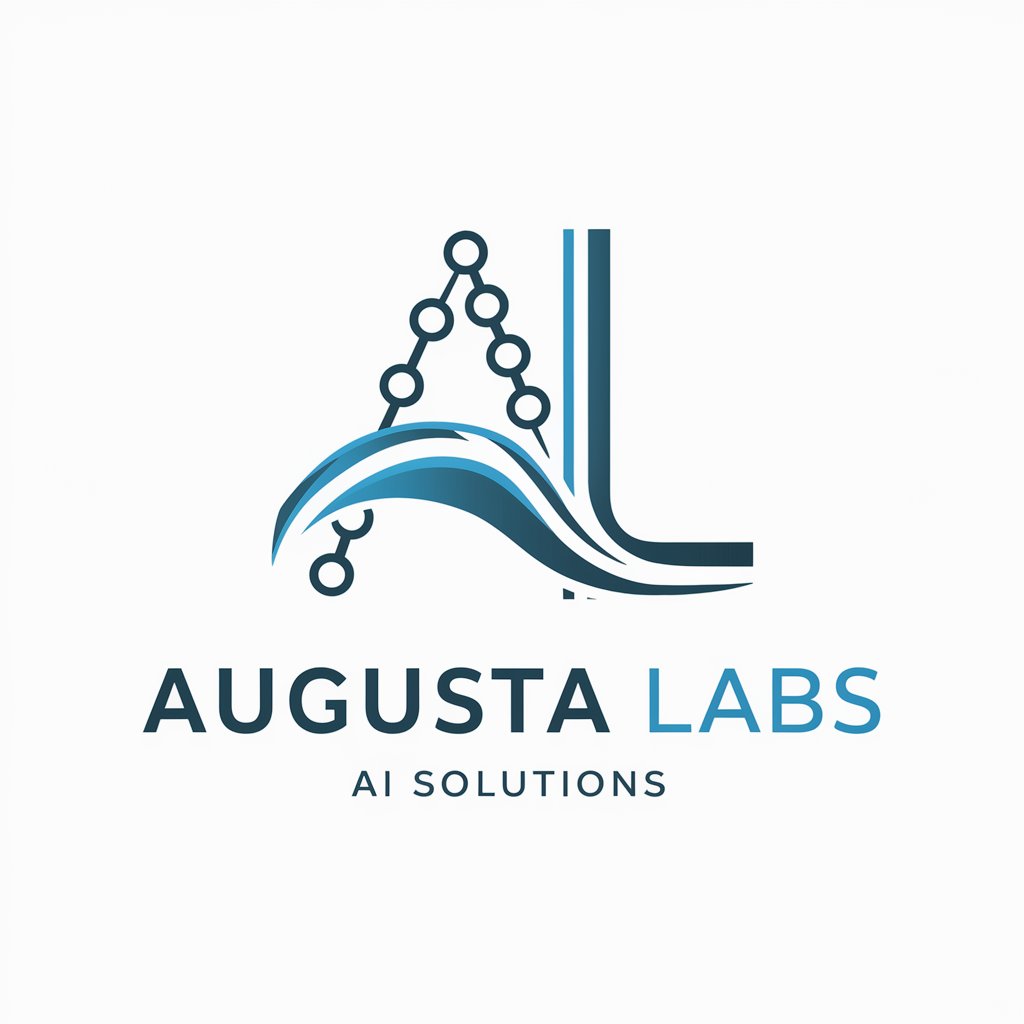
Product Led Marketing Strategic Advisor (PLG)
Elevate Growth with AI-Powered PLM Insights
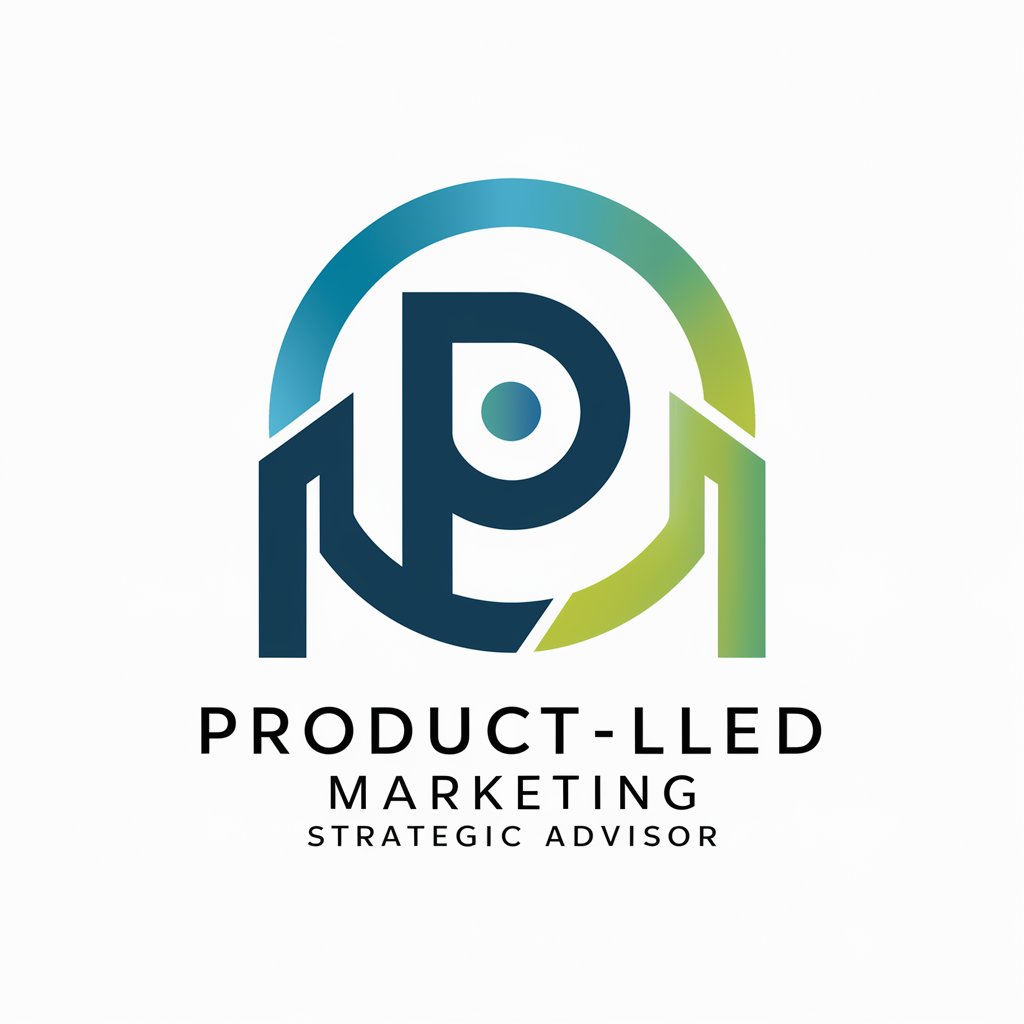
Social-Media-Profi
Empower Your Social Media with AI
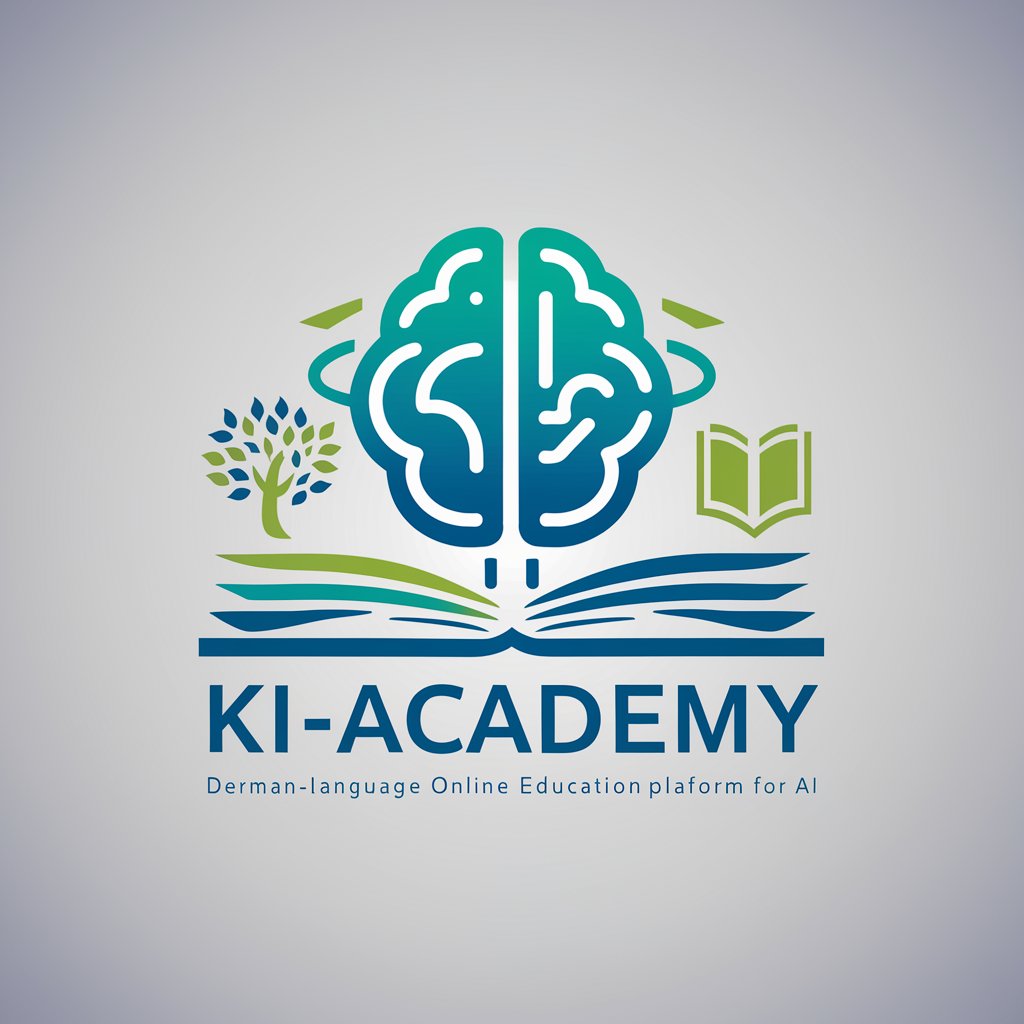
PPC Negative Keyword Genius
Streamline campaigns with AI-powered negative keyword lists.
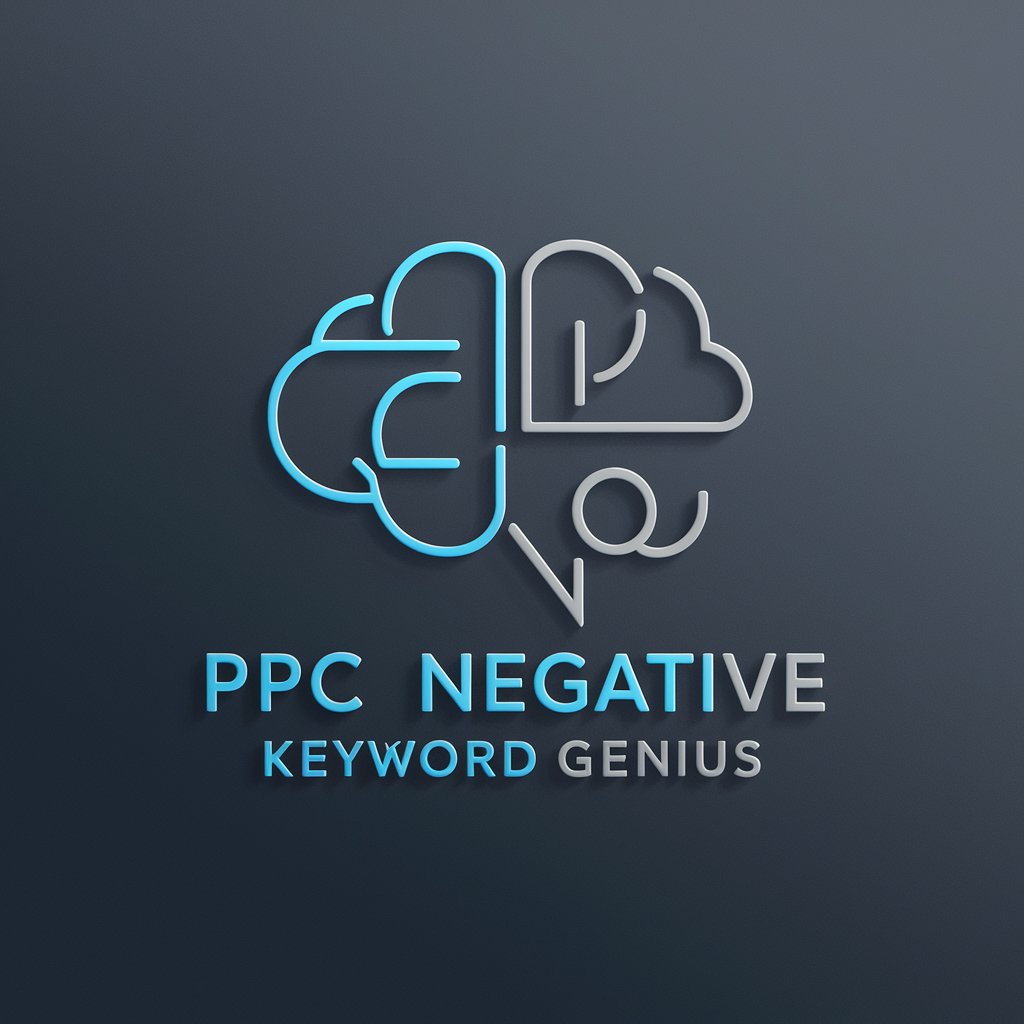
Retail Media Budget Planner
Maximize your ad spend with AI-driven insights.
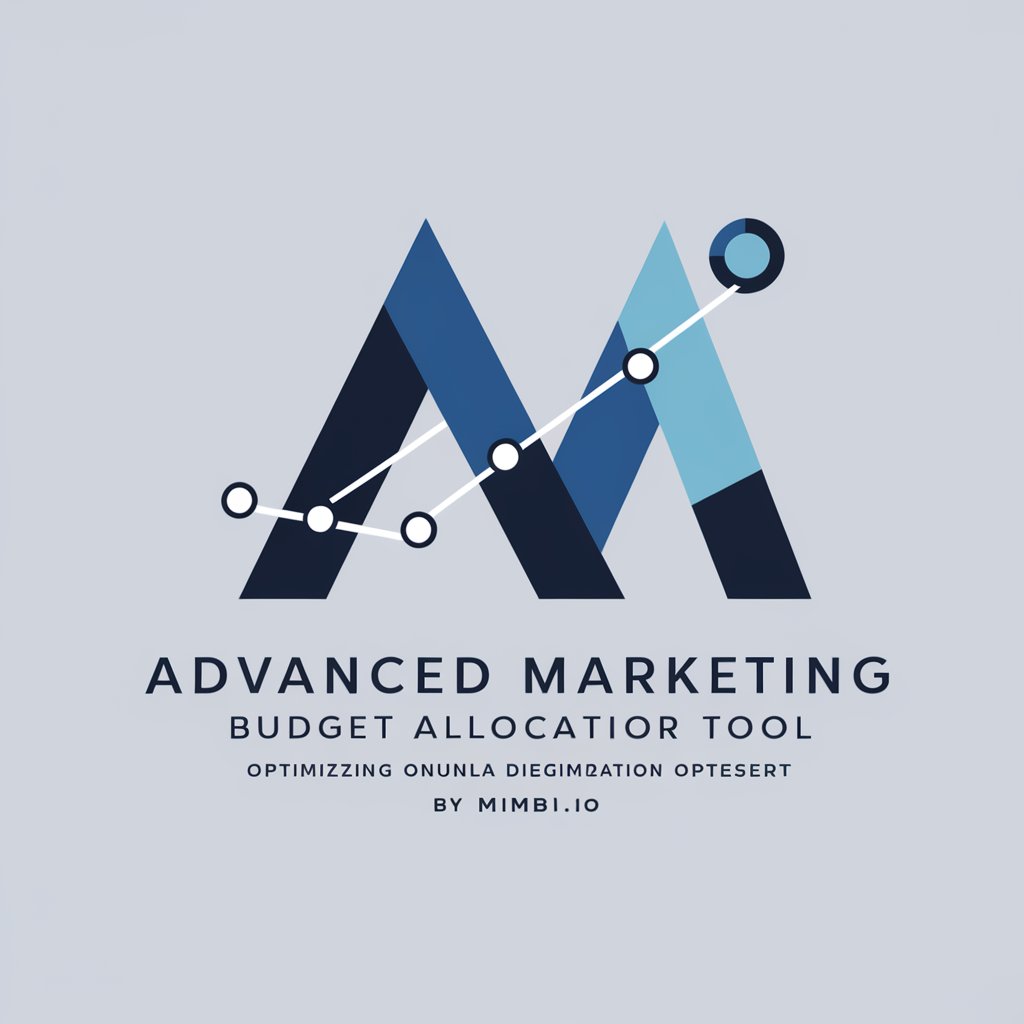
WeBuyHouses.com AI List Wizard
Streamline Your Real Estate Marketing with AI

Cashvertising Applied
Optimize Ads with AI-Powered Insights
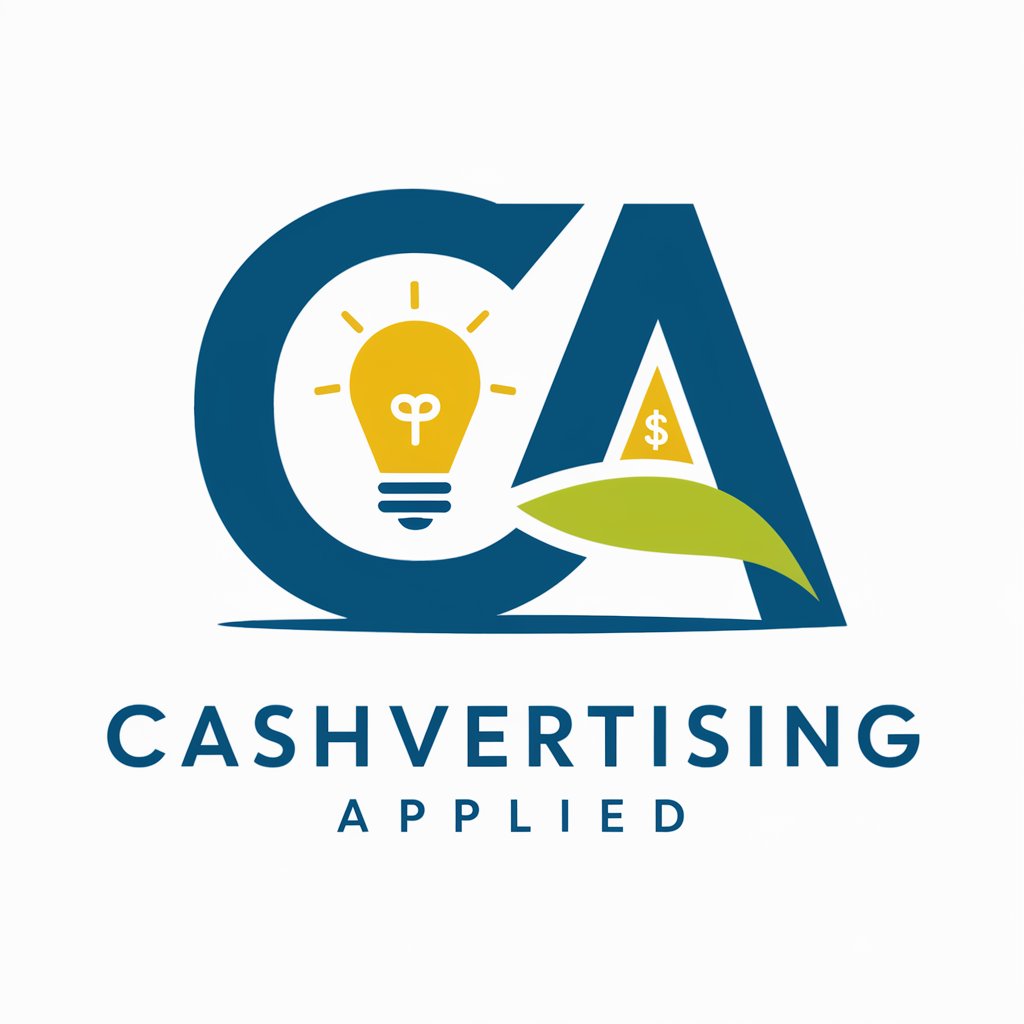
80/20 Principle Analysis
Maximize efficiency with AI-driven 80/20 analysis.
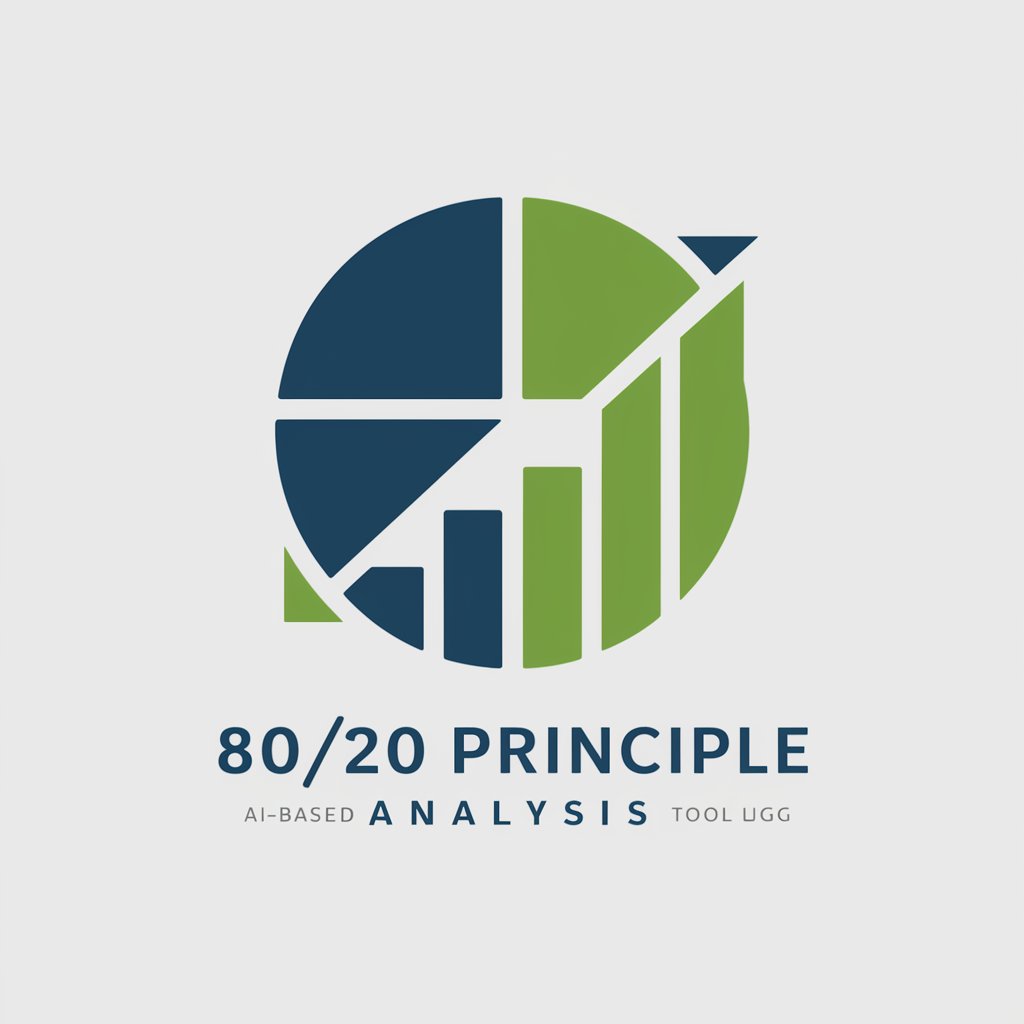
Funnel Master
Elevate Your Funnel with AI
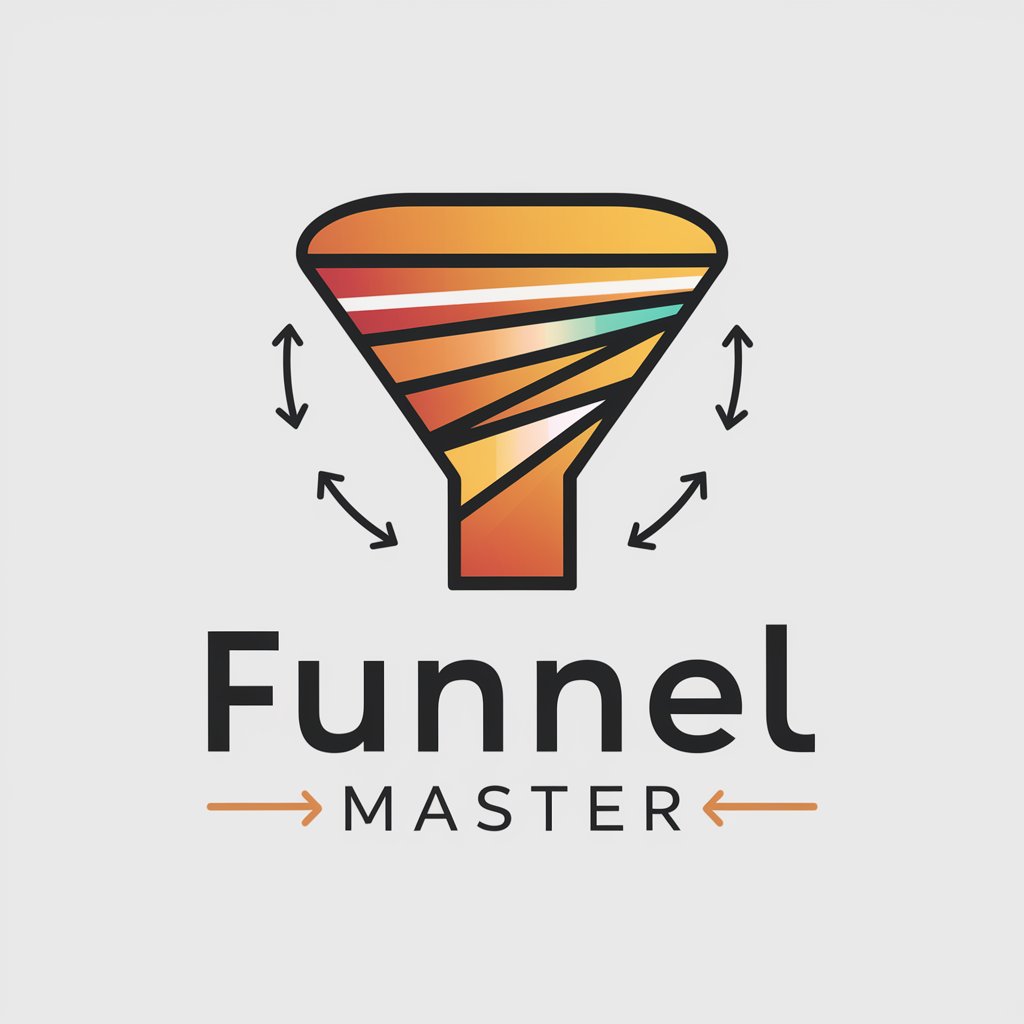
Principal Characteristics and Capabilities
AI GPTs for Marketing Efficiency stand out due to their adaptability across a wide range of marketing tasks, from content creation to data analysis. Key features include the ability to generate high-quality, targeted content, perform sentiment analysis, predict market trends, and personalize customer interactions. Advanced capabilities also encompass language learning for global market outreach, technical support for troubleshooting, web searching for real-time market insights, image creation for visually engaging marketing materials, and data analysis for informed decision-making.
Who Benefits from Marketing AI Tools
These AI GPTs tools are designed to cater to a broad spectrum of users within the marketing domain, including marketing novices seeking to leverage AI for content creation, developers looking for customizable solutions, and marketing professionals aiming to optimize campaigns. They are accessible to individuals without programming skills through user-friendly interfaces, while also offering extensive customization options for users with technical expertise.
Try Our other AI GPTs tools for Free
Operational Automation
Discover how AI GPTs for Operational Automation can transform your operational tasks with adaptable, efficient, and intelligent automation solutions.
Stakeholder Briefs
Discover how AI GPTs for Stakeholder Briefs revolutionize communication, offering tailored, automated briefings for enhanced decision-making and engagement.
Pre-production
Discover how AI GPTs for Pre-production can revolutionize your planning, scripting, and conceptualizing processes, enhancing creativity and efficiency in project development.
French Vocabulary
Discover AI GPTs for French Vocabulary: your key to mastering French with interactive, adaptable, and personalized learning tools.
Pairing Guidance
Discover how AI GPTs for Pairing Guidance use advanced algorithms to offer personalized pairing advice, making them ideal for anyone seeking expert recommendations without the need for deep domain knowledge.
Vintage Insights
Discover how AI GPTs for Vintage Insights unlock the power of historical data, offering tailored analysis, generation, and interpretation for enthusiasts and professionals alike.
Expanding Horizons with AI in Marketing
GPTs function as customized solutions across various sectors, offering user-friendly interfaces and the ability to integrate with existing marketing systems or workflows. Their versatility and adaptability make them invaluable for creating data-driven strategies, engaging content, and personalized customer experiences, fostering innovation and efficiency in marketing.
Frequently Asked Questions
What exactly are AI GPTs for Marketing Efficiency?
AI GPTs for Marketing Efficiency are specialized AI tools that use generative pre-trained transformers to optimize marketing tasks, including content creation, market analysis, and customer engagement.
How do these tools improve marketing strategies?
They automate repetitive tasks, provide insights through data analysis, generate engaging content, and personalize customer interactions, leading to more efficient and effective marketing strategies.
Can non-technical users utilize these AI tools?
Yes, these tools are designed with user-friendly interfaces that enable non-technical users to leverage AI capabilities for marketing without needing programming skills.
What customization options are available for developers?
Developers can access APIs and coding platforms to customize the tools, integrate them into existing systems, and develop new functionalities tailored to specific marketing needs.
How do these AI tools handle different languages?
They are equipped with advanced language learning capabilities, allowing for content creation and customer engagement across multiple languages, catering to global market needs.
What makes AI GPTs for Marketing Efficiency unique?
Their adaptability, ability to generate targeted content, perform sophisticated data analysis, and create visually engaging materials, all while streamlining marketing processes, set them apart.
Are there any limitations to using these AI tools?
While highly effective, these tools may require fine-tuning to align with specific marketing goals and strategies, and the quality of output can vary depending on the input data and parameters set by the user.
How can businesses integrate these tools into existing workflows?
Businesses can integrate these tools through APIs and customizable platforms, allowing them to seamlessly blend with current marketing tools and systems for enhanced efficiency.